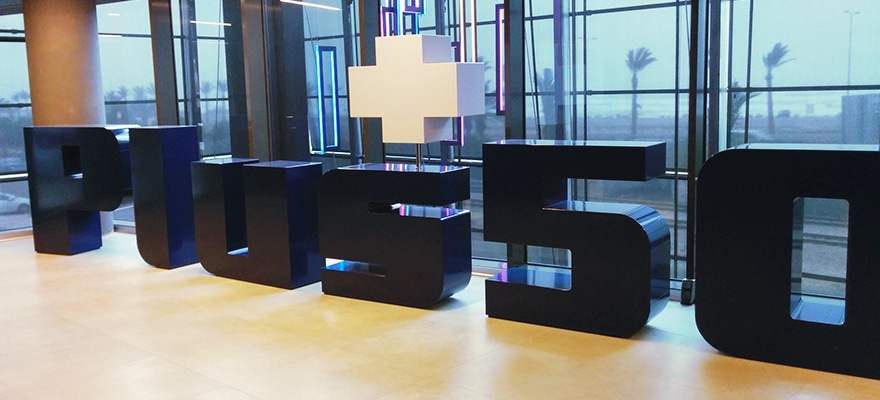Plus500 has just reported key performance metrics for the first quarter of 2018. The company managed to register a massive increase in revenues and net profits due to the material spike in Volatility observed in the first quarter of the year.
Clients of Plus500 generated a total of $297.3 million in revenues, an increase of a whopping 284 percent when compared to the final quarter of 2017 and by 120 percent over the final quarter of 2017. The total revenue of the company in the first quarter of the year amounted to 68% of its revenue for the whole of last year.
Earnings Before Interest, Taxes, Depreciation and Amortization (EBITDA) rose by 418 percent to $237.3 million. This figure represented 90 percent of the company’s EBITDA for the whole of 2017.
Rising Revenues Per Client and Dropping Acquisition Costs
Material market volatility has played a role in the attraction of new clients to Plus500. The number rose 228% year-on-year in the first quarter, netting 72,960. Active customers have also increased by 204% when compared to the first quarter of 2017 to 218,187.
The average revenue per client (ARPC) increased by 26 percent to $1,363, while the average user acquisition cost (AUAC) dropped by 45 percent to $502.
According to Plus500 the rise in ARPC was attributed to the higher degree of market volatility in Q1, the decrease in acquisition costs represented a decline in the interest in trading Cryptocurrencies starting from February. Plus500 also noted that it expects this figure to return to normal in the coming quarters.
Regulation
The company continued its expansion efforts globally with the acquisition of a Commodity Broker’s Licence in Singapore and a Financial Services Provider Licence in South Africa. The company doesn’t seem to be particularly worried about the new ESMA regulatory framework and states that it will look into transitioning some of its clients to professional investors, which will permit them to use higher leverage.
Commenting on the earnings of the company in the first quarter, the CEO of Plus500 Asaf Elimelech, said: “Having a flexible business model and a lean cost structure, enables us to optimize our performance as necessary despite the recently announced regulatory changes. Having the industry-leading framework enables us to be confident about the future.”


















